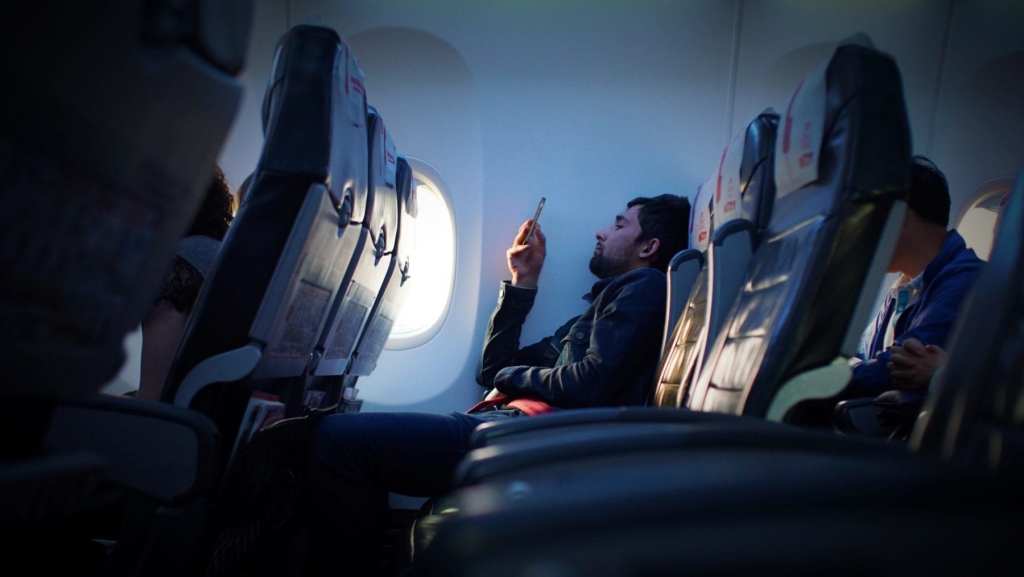Whether you have just boarded your flight or just landed at your destination, one things is for sure: Your cell phone service sucks. Unfortunately for passengers sending a “taking off” or “just landed” text from the airport tarmac, the message never seems to reach its destination in a timely fashion.
From a logical perspective, perhaps being trapped inside a sealed metal plane explains why your cell phone struggles for service worse than me trying to make a decision at the buffet. It turns out you can blame the structural design of both airports and planes for the terribly slow service on the tarmac.
Christopher Schaberg, a writer for The Atlantic, spoke to three commercial pilots who fly for major airlines like Delta and British Airways in order to discover the secret behind the slow cell service on airport tarmacs. The professor at Loyola University of New Orleans discovered that cellular antennae often do not provide sufficient coverage to span the entire distance of an airport, including the tarmac.
Airports utilize distributed antenna systems that work best indoors. Unfortunately for travelers (and even pilots), those antennae really only work inside the terminal. That lack of capacity combined with the plane’s materials—which are obviously designed for structural integrity rather than connectivity—means that anyone sitting in the tarmac has a better chance of winning the lottery than refreshing their Instagram feed in a timely fashion.
And if your flight gets delayed, the connection conundrum only gets worse.
To avoid the painful boredom of sitting in the cabin with nothing to do, try downloading some content before boarding your flight. Having a few episodes of your favorite show stored in your downloads will come in handy to pass the time, especially if weather or technical issues cause a delay.
Believe me, bing-watching a few episodes of Breaking Bad is far better than thumbing through the safety evacuation manual.






